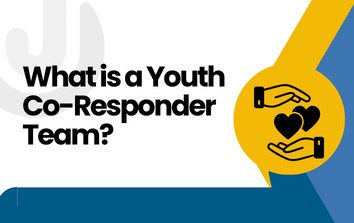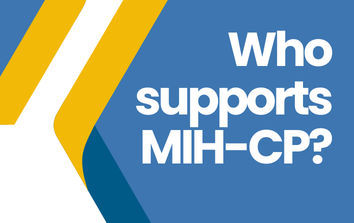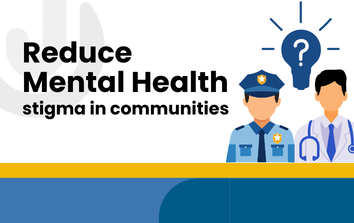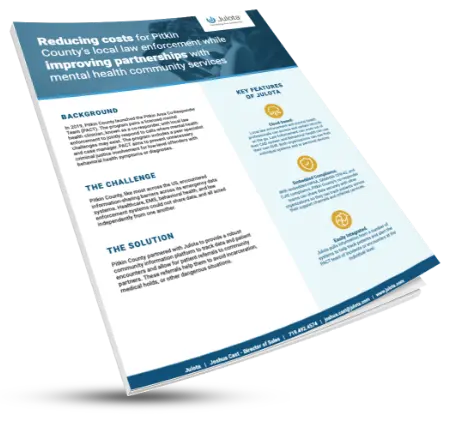Behavioral health professionals are the backbone of our response to homelessness, mental illness, and substance use. Whether working in emergency rooms, outreach teams, shelters, or community clinics, these frontline workers often find themselves navigating broken systems while carrying the emotional weight of trauma, grief, and relentless demand. In such high-stress environments, burnout isn’t a risk. Unless we equip our teams with tools to recover and adapt, it’s a certainty. This article will explore resilience strategies for frontline behavioral health workers grounded in science, community practice, and lived experience.
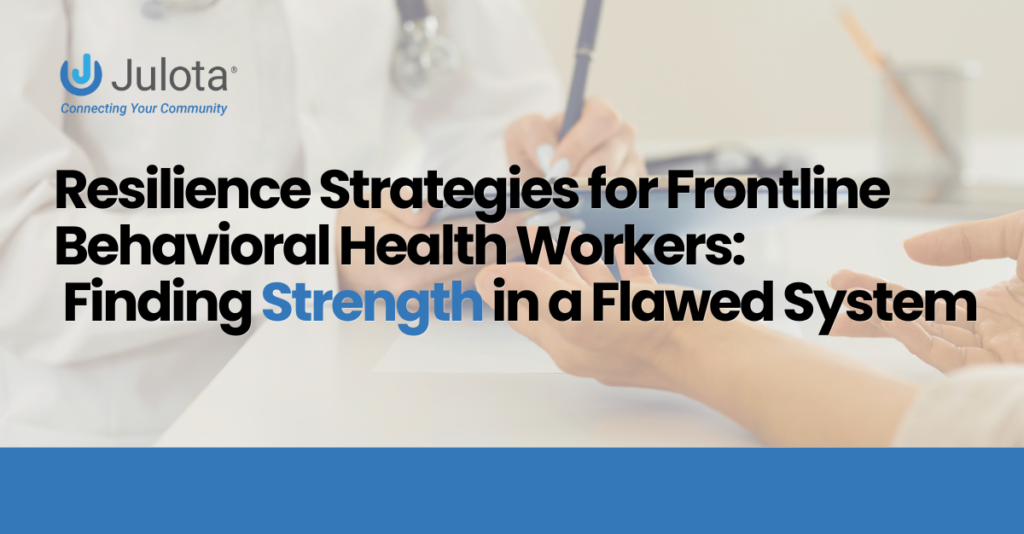
Why Resilience Matters in Behavioral Health
Resilience isn’t about “toughing it out” or bouncing back overnight. It’s a process that allows us to stay engaged with the work while protecting our mental, emotional, and physical health.
Frontline behavioral health workers regularly face the following:
- Chronic exposure to trauma and grief
- Systemic barriers and underfunded services
- High caseloads and emotional labor
- Complex client needs with few resources
Without resilience strategies, even the most dedicated professionals can become overwhelmed, disengaged, or leave the field entirely.
Rethinking Resilience: A Trait Not a Process
Many people think of resilience as something you’re either born with or not. But modern research tells a different story.
According to the Multi-System Model of Resilience (MSMR), resilience emerges through three interconnected layers:
1. Core Resilience (Intra-individual factors)
- Physical health
- Genetics and biology
- Habits like sleep, nutrition, and movement
2. Internal Resilience (Interpersonal factors)
- Support from family, friends, and chosen communities
- Emotional safety and connection
3. External Resilience (Environmental and systemic factors)
- Workplace culture
- Neighborhood safety
- Access to resources like healthcare, housing, and therapy
True resilience requires more than self-care. It requires collective care, supportive policies, and environments that allow workers to thrive.
Recognizing the Signs of Systemic Strain
Before implementing resilience strategies for frontline behavioral health workers, it’s essential to recognize the emotional terrain of the job.
Frontline staff often operate in a state of:
- Busyness – skills are engaged, but stress is manageable.
- Stress – demand begins to exceed capacity.
- Overwhelm – the nervous system becomes dysregulated; people feel out of control.
Left unchecked, this pattern can lead to moral injury, compassion fatigue, and burnout. That’s why resilience must be integrated into daily operations—not just offered as a crisis intervention.
Building Resilience Through Meaningful Practices
Here are seven practical and evidence-informed resilience strategies for frontline behavioral health workers:
1. Normalize and Name Grief
Grief isn’t just about death—it’s also about loss of routine, predictability, or purpose. Frontline workers often grieve:
- Lost clients
- System failures
- Their own emotional exhaustion
According to grief research, three core elements help workers metabolize grief:
- Loss – Acknowledge what’s gone
- Longing – Recognize what we yearn for
- Disorientation – Allow space to reorient your worldview
???? Practice: Regular debriefs, story-sharing, and small rituals (like making paper cranes or writing reflections) can help process emotions in a safe, collective way.
2. Integrate the G.R.O.S.S. Framework
G.R.O.S.S. stands for Getting Rid of Stupid Stuff—a model developed to help healthcare teams identify and eliminate unnecessary stressors in their workflows.
Examples include:
- Repetitive, manual paperwork
- Inefficient communication tools
- Policies that create more burden than benefit
???? Practice: Invite your team to identify three “stupid” processes that get in the way of doing meaningful work, then collaboratively address them.
3. Foster a Growth Mindset Culture
A growth mindset helps workers focus on learning and progress rather than perfection. It also builds resilience by framing failure as feedback.
???? Practice:
- Celebrate effort, not just outcomes
- Ask for and offer feedback openly
- Reflect weekly on lessons learned, not just challenges faced
4. Practice Boundary-Setting as Compassion
Brené Brown reminds us that “boundaries are a prerequisite for empathy.” You can’t care for others if your needs are constantly pushed aside.
???? Practice:
- State your limits clearly (e.g., “I’m not available after 6 PM.”)
- Say “no” with empathy, not guilt
- Use grounding phrases like “This is what I can do” instead of “I’m sorry I can’t”
5. Use Trauma-Informed Debriefing
Traditional debriefs focus on what went wrong. Trauma-informed debriefing recognizes that crisis work affects people’s bodies, emotions, and nervous systems.
???? Practice:
- Include physical grounding (e.g., breathwork or stretching)
- Ask open-ended, emotionally aware questions
- Validate team members’ emotional responses, not just operational input
6. Reconnect to Purpose
Hope is more than a feeling—it’s a way of thinking. According to research cited in Atlas of the Heart, we experience hope when we:
- Set realistic goals
- Identify pathways to reach them
- Believe in our own capacity (agency)
???? Practice: Ask your team during check-ins, “What’s one thing that brought you meaning this week?”
7. Measure and Monitor Professional Quality of Life
The ProQOL scale (Professional Quality of Life) helps measure compassion satisfaction, burnout, and secondary traumatic stress.
???? Practice: Take the ProQOL quarterly as a team and review results together. Use them to guide changes in workload, supervision, and support structures.
Organizational Support for Workforce Resilience
Organizations must do more than offer self-care tips—they must structurally support resilience. That means:
- Creating predictable schedules
- Offering clinical supervision and reflective practice
- Supporting flexible time off for recovery
- Investing in peer support programs
- Creating psychologically safe spaces for feedback and growth
Julota offers solutions for behavioral health and co-responder teams that ease the burden of documentation and improve field collaboration.Our software was built with this in mind, designed to reduce duplicative work, streamline communication, and help teams focus on care over bureaucracy.
Closing Thoughts: Finding Hope Through the Holes
Frontline work in behavioral health is beautiful and brutal. You hold space for people on their hardest days—often while carrying your own pain.
The system may be flawed, but your impact is not.
By implementing intentional, community-based resilience strategies for frontline behavioral health workers, we create the conditions for long-term sustainability, healing, and hope—one team, one client, and one conversation at a time.
Author
-

Noah Weinberg is a Marketing Associate at Julota, where he focuses on elevating the alternative response space, specifically Mobile Integrated Healthcare (MIH), Community Paramedicine, and co-responder models. He writes about the intersection of law enforcement, healthcare, and community well-being, drawing on real-world experiences with community paramedicine programs in Ontario, Canada.

